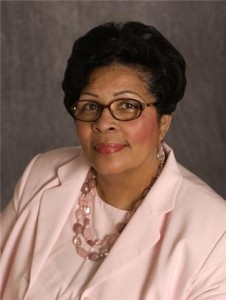Ted Cruz is shocked, shocked to learn that his silly little Facebook poll got shared with some people who weren’t supposed to answer it.
An old maxim about the law – U.S. Sen. Ted Cruz’s chosen profession – holds that courtroom litigators don’t ask questions if they don’t already have the answers.
But in the chaotic world of social media, as the Texas Republican found out, all bets are off.
An impassioned Facebook clash involving tens of thousands of posterserupted this week in response to Cruz’s informal online survey marking the fourth anniversary of President Barack Obama’s health care law.
“Quick poll,” the survey began, “Obamacare was signed into law four years ago yesterday. Are you better off now than you were then? Comment with YES or NO!”
More than 53,000 responses had been logged as of Tuesday, dominated in recent days by Cruz opponents eager to defend a health care law that the tea party favorite had tried to repeal last fall through a government shutdown.
A surge of “yes” and “absolutely” comments overwhelmed an initial wave of anti-Obamacare posts, leaving Cruz’s staff with the clear impression that something was amiss.
“This is very clearly a manufactured, concerted effort from the left,” said Cruz spokeswoman Catherine Frazier. “Maybe a better use of their time would be advocating for an Obamacare website that actually works.”
That’s so precious. So much so that I can’t quite put my reaction to that into words, so I’ll just do this:
Like that, yeah. Back to the story:
Dave Kapell, a small-business owner in Minneapolis, also voted yes, noting that a plan he found on Minnesota’s insurance exchange was saving him $200 a month. Kapell said nobody solicited his participation in the poll. “It just popped up on my Facebook page,” he said in an interview. “I think somebody I know reposted it.”
Amazing how that works. That Facebook sure is something, isn’t it? Someone ought to figure out how to leverage it for use in a campaign. I bet it’d work really well for that.
Anyway. BOR has some screenshots. Go look and have a good laugh at Cruz’s cluelessness.























